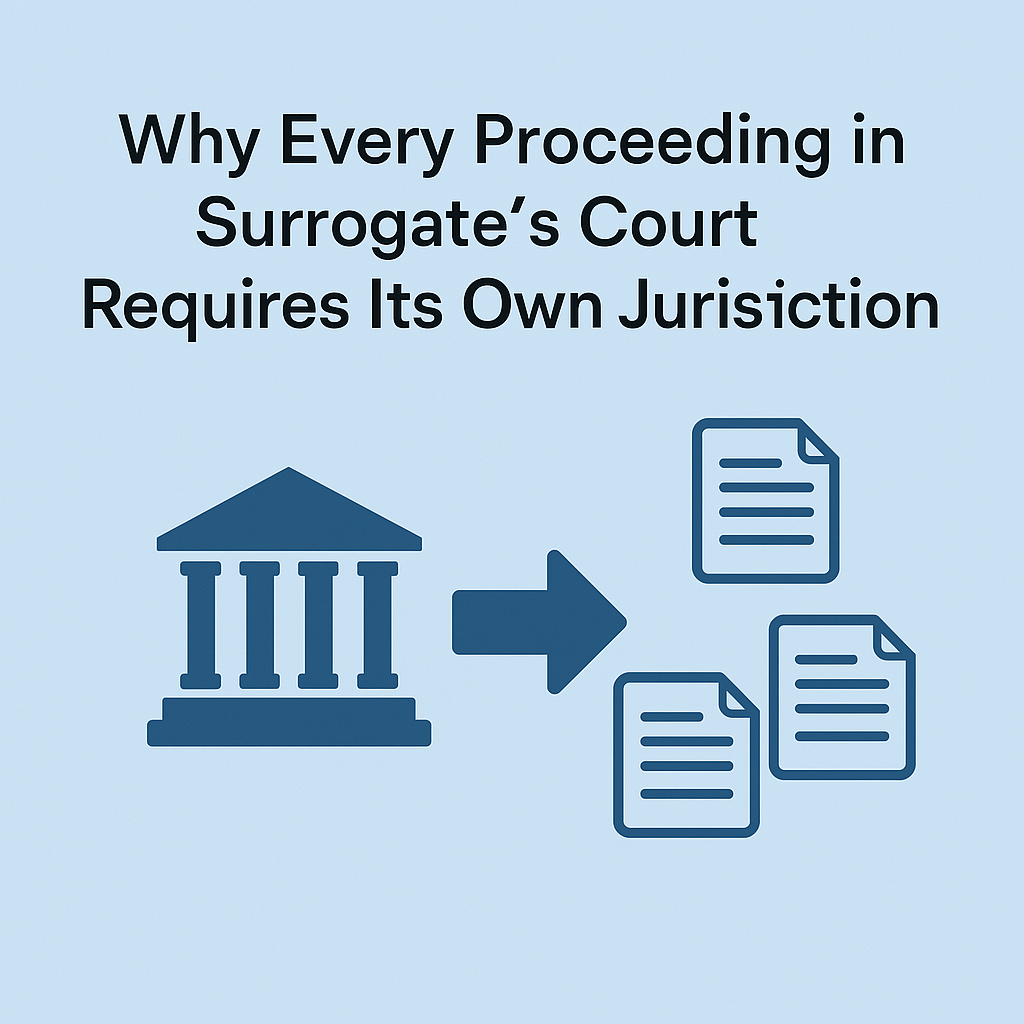In testimony submitted to the Senate Finance Committee and Assembly Ways and Means Committee, Ken Pokalsky, Vice President of The Business Council of New York State, Inc., highlighted several taxation issues in the FY 2026 Executive Budget. Among them was a focused concern on the proposed amendment to New York Tax Law (NYTL) § 954(a)(3), which deals with the estate tax addback rule.
What Is NYTL § 954(a)(3)?
NYTL § 954(a)(3) governs the estate tax addback rule. It increases a New York taxable estate by the amount of any taxable gift made during the three-year period ending on the decedent's date of death. Even if these gifts are not included in the federal gross estate, they are added back for New York estate tax purposes.
What Did the Executive Budget Propose?
The FY 2026 Executive Budget proposed to make the three-year addback rule permanent.
The original version of S.3009, introduced on January 22, 2025 stated:
PART T
Section 1. Paragraph 3 of subsection (a) of section 954 of the tax law, as amended by section 1 of part F of chapter 59 of the laws of 2019, is amended to read as follows:
(3) Increased by the amount of any taxable gift under section 2503 of the internal revenue code not otherwise included in the decedent's federal gross estate, made during the three year period ending on the decedent's date of death, but not including any gift made: (A) when the decedent was not a resident of New York state; or (B) before April first, two thousand fourteen; or (C) between January first, two thousand nineteen and January fifteenth, two thousand nineteen; or (D) that is real or tangible personal property having an actual situs outside New York state at the time the gift was made.
Provided, however that this paragraph shall not apply to the estate of a decedent dying on or after January first, two thousand twenty-six.§ 2. This act shall take effect immediately.
The Business Council's Critique
But the Business Council raised a federal deductibility concern: Under IRC § 2058, state estate taxes imposed on amounts not included in the federal gross estate are not deductible. Because the addback rule reaches beyond the federal estate, the concern was that New York’s proposal would result in non-deductible estate tax obligations under federal law.
Part T – “Make Permanent the Estate Tax Three-Year Gift Addback Rule” – We also discussed a potential amendment to the Executive Budget provision on the estate addback rule. Our concern is that under the proposed language the addback would be current treated as a non-deductible state estate tax under Section 2058 of the Internal Revenue Code because it relates to amounts not included in the federal gross estate (which is contrary to what Section 2058 requires for deductibility). This proposed amendment would be revenue neutral to New York State but would result in the addback amount to become deductible as a debt for federal estate tax purposes under Section 2053 of the Internal Revenue Code.
The Business Council’s Recommendation
To avoid this deductibility issue, the Business Council proposed a fix: Amend NYTL § 954(a)(3) to treat the clawback liability as an “obligation of the decedent” as of the decedent’s death. This change would recharacterize the clawback amount as a deductible debt under IRC § 2053, rather than as a non-deductible state estate tax under § 2058. The Business Council emphasized that this fix would be revenue-neutral for New York.
We recommend that the legislature make the following changes to the proposed amendments to Tax Law section 954(a)(3):
(3) Increased by the amount of any taxable gift under section 2503 of the internal revenue code not otherwise included in the decedent's federal gross estate, made during the three year period ending on the decedent's date of death, but not including any gift made: (A) when the decedent was not a resident of New York state; or (B) before April first, two thousand fourteen; or (C) between January first, two thousand nineteen and January fifteenth, two thousand nineteen; or (D) that is real or tangible personal property having an actual situs outside New York state at the time the gift was made.
Provided, however, that this paragraph shall not apply to the estate of a decedent dying on or after January first, two thousand twenty-six.The amount by which the total tax imposed under this article exceeds the total tax that would have been imposed under this article if this subsection (a)(3) did not apply shall be treated as an obligation of the decedent as of the decedent’s death that is subject to the provisions of this article (but which shall not be deductible for purposes of this article).
Lawmakers Amended the Bill to Reflect the Proposal
The original version of the Senate Bill (S.3009) and second version (S.3009-A) did not contain the “obligation of the decedent” recharacterization.
But on March 10, 2025, less than two weeks after the Business Council submitted its February 27 testimony, the Senate released S.3009-B, which does include the revised language. The updated version explicitly characterizes the clawback amount as “an obligation of the decedent.” The near-verbatim adoption of the Business Council’s proposed language strongly suggests that the testimony influenced the legislative outcome.
Looking Ahead: Will It Work?
A separate post—NY Proposal Tries to Make Clawback Tax Deductible—But Will the IRS Agree?—examines whether this recharacterization actually results in deductibility under federal law. Despite the state’s efforts, there are reasons to believe the IRS may still reject the deduction. The key issue: Whether the liability truly arises under estate administration law (which qualifies under IRC § 2053) or remains a state death tax (which does not).
Stay tuned for that analysis.
Hani Sarji
New York lawyer who cares about people, is fascinated by technology, and is writing his next book, Estate of Confusion: New York.






Leave a Comment